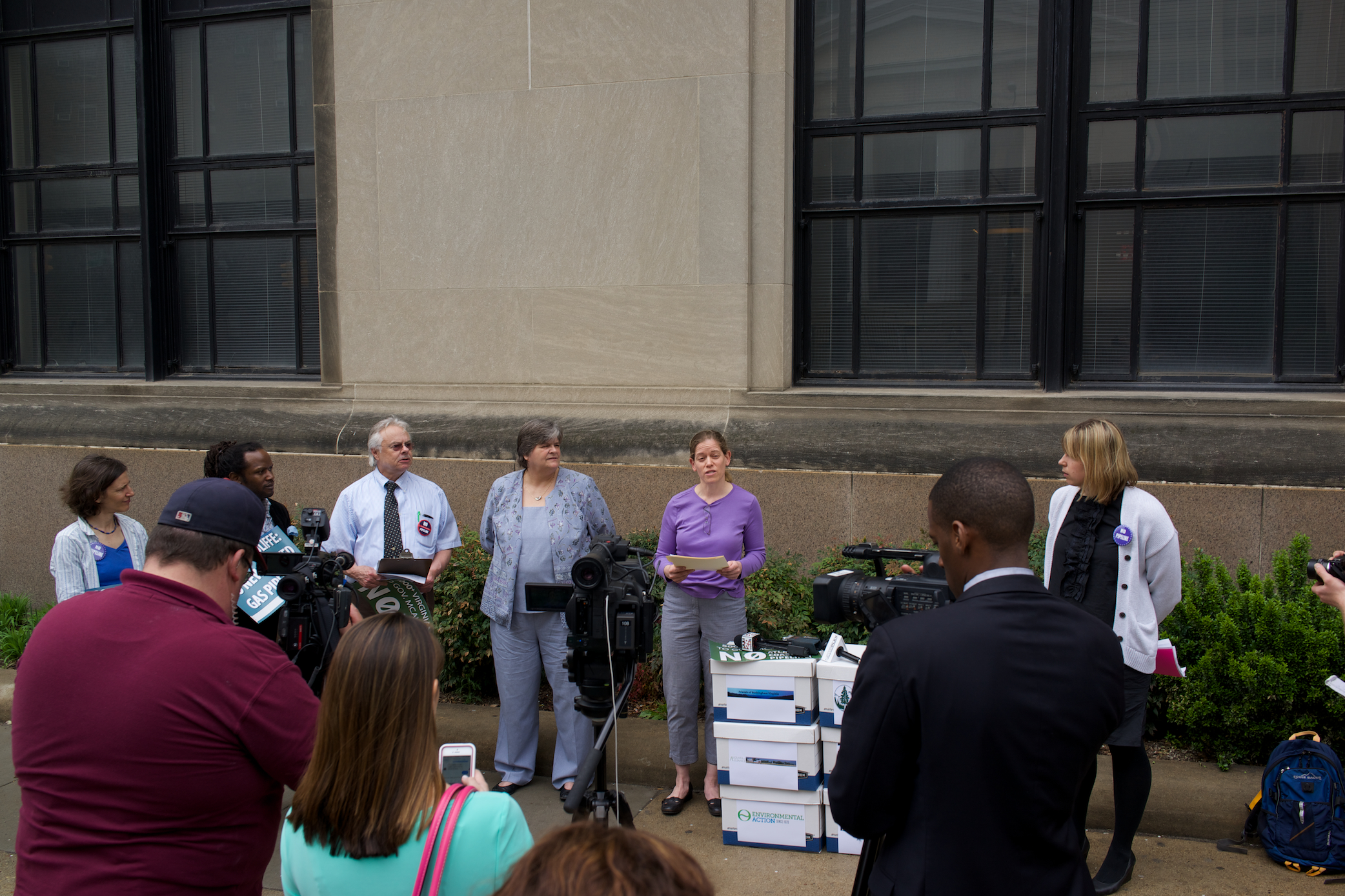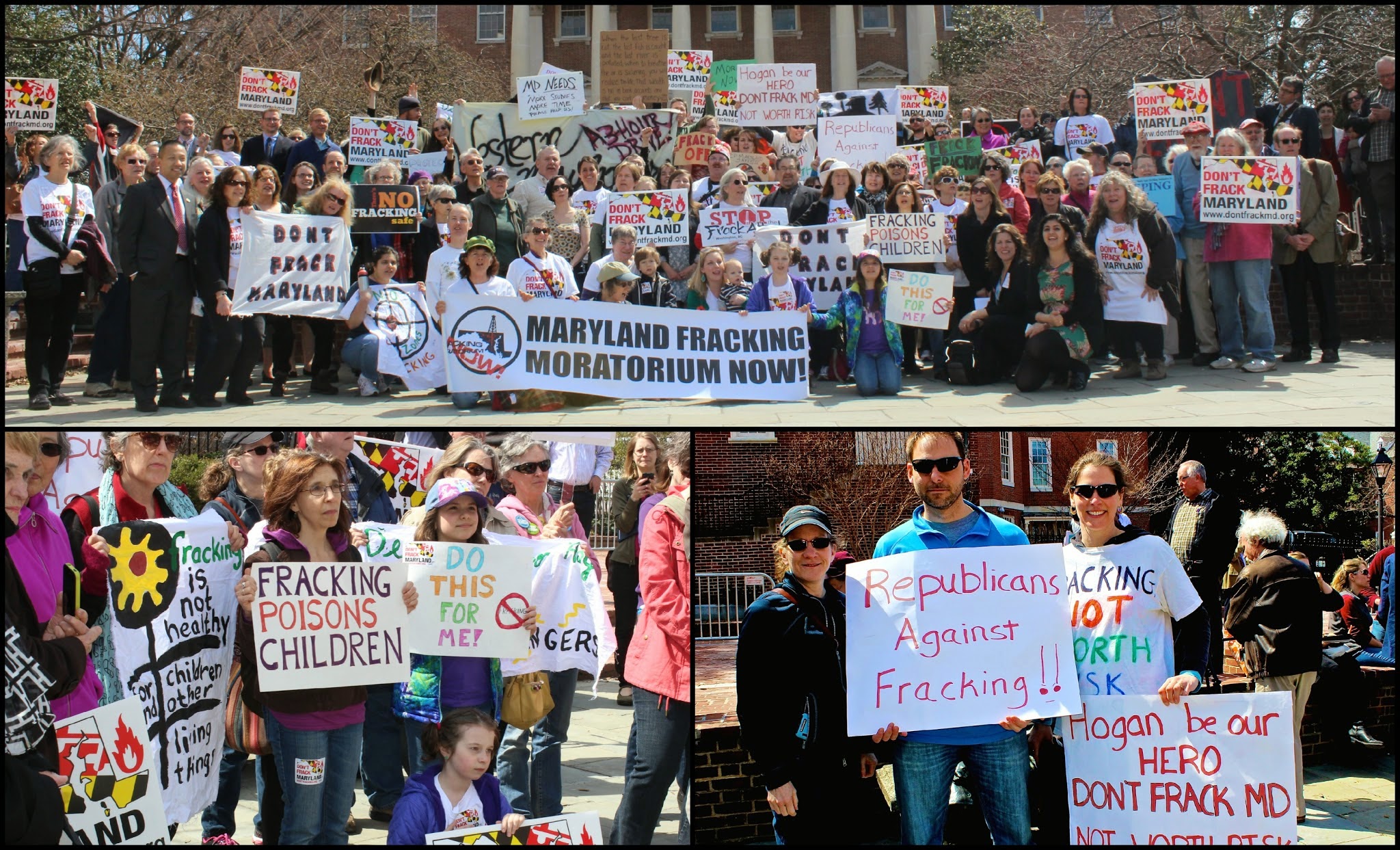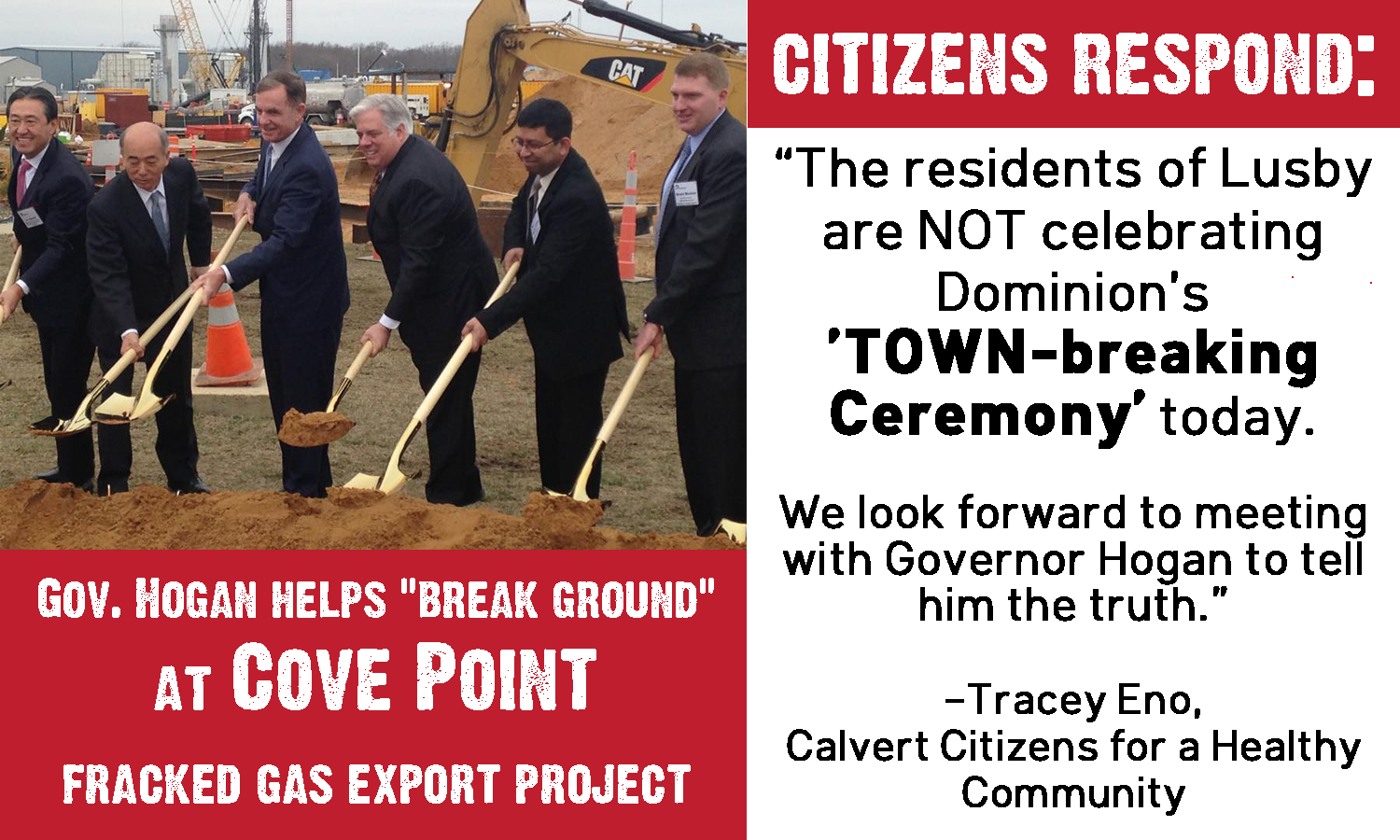Thank you so much for attending last week’s climate justice panel. I’ve put together these resources based on the recommendations of the panelists and organizations that helped organize the event.
Dr. Jalonne L. White-Newsome, WE ACT for Environmental Justice
Our dedicated website to providing an EJ perspective on the Clean Power Plan: www.weact.org/ejcleanair
The Principles for Environmental Justice:
http://www.weact.org/Home/PrinciplesofEnvironmentalJustice/tabid/226/Default.aspx
The Principles of Climate Justice:
http://weact.org/portals/7/EJ%20leadership%20forum%20principles.pdf
One-pager on EJ asks around the Clean Power Plan
Hannah Wiegard, Appalachian Voices
Appalachian Voices has extensive resources on mountaintop removal and the solutions we’re pursuing for our region on our website, and we are getting ready to launch a campaign that refocuses attention on particular communities that are the most at risk from extreme fossil fuel extraction practices. (http://www.appalachianvoices.org/)
I would add one thing in response to a question asked about how more people can start to consider themselves climate activists – Reverend Lennox Yearwood has pointed out that the movements that swept the country half a century ago were accompanied by music and culture, and with examples like the hip hop album H.O.M.E. (this track is edited and safe for family listening) and the record is an example of artists incorporating political and ecological messages to start to provide a soundtrack for our struggle – these artists deserve support.
Dr. Mary Finley-Brook, University of Richmond
Check out the following sources for additional reading.
Finley-Brook, Mary. 2014. “Climate Justice Advocacy.” Public Diplomacy, 12: 11-15. http://publicdiplomacymagazine.com/climate-justice-advocacy/
Finley-Brook, Mary and Curtis Thomas. 2010. “Treatment of displaced indigenous populations in two large hydro projects in Panama,” Water Alternatives, 3: 269-290. http://www.water-alternatives.org/index.php/volume3/v3issue2/93-a3-2-16/file
Many sources for Selam Yemeru’s research can be found at http://content.usatoday.com/news/nation/environment/smokestack/index.
Please feel to reach out to me at mbrook@richmond.edu
Montina Cole, NRDC
“Bridging the Clean Energy Divide: Affordable Clean Energy Solutions for Today and Tomorrow” report I spoke about, the three factsheet handouts provided at the panel event, as well as other related information can be found here. The factsheets are the following:
- “Clean Energy Packs Savings for Seniors”
- “Clean Energy Brings Savings and Jobs to Rural, Low-Income America”
- “Clean Energy Brings Jobs and Savings to Low-Income, Urban Communities”
The handout regarding Virginia and the EPA’s Clean Power Plan — “Virginia’s Clean Energy Future: Opportunities to Cut Carbon Pollution under the Clean Power Plan” – is here.
Co-Sponsor Websites
Chesapeake Climate Action Network
chesapeakeclimate.org/virginia/
Justice RVA
https://www.facebook.com/Justice4RVA
New Virginia Majority
http://newvirginiamajority.org/
Southerners on New Ground
http://southernersonnewground.org/our-work/state-pages/virginia/
VA Sierra Club
http://vasierraclub.org/
Upcoming Events
Saturday 4/18, 11am-5pm
Earth Day Celebration at Great Shiplock Park, Richmond VA
April 21st, 12:30pm
Nature, Virginia’s Economy Climate, and the Climate Threat Ukrop Auditorium, University of Richmond (RSVP by emailing URCLIMATE4.21@GMAIL.COM)
Thursday, April 30th, 7pm
CCAN Activist Meeting in Richmond. (RSVP by clicking here)
Wednesday, May 6th, 8am
Take Back the Power: Mobilize at Dominion’s Doorstep (click here for more info)
Email charlie@chesapeakeclimate.org if you have any questions!



 In October, just a month after the the $5-billion, 550-mile project was announced, Virginia Governor Terry McAuliffe stood shoulder-to-shoulder with Dominion CEO Tom Farrell at a press conference to show us all his unequivocal support.
In October, just a month after the the $5-billion, 550-mile project was announced, Virginia Governor Terry McAuliffe stood shoulder-to-shoulder with Dominion CEO Tom Farrell at a press conference to show us all his unequivocal support. 



